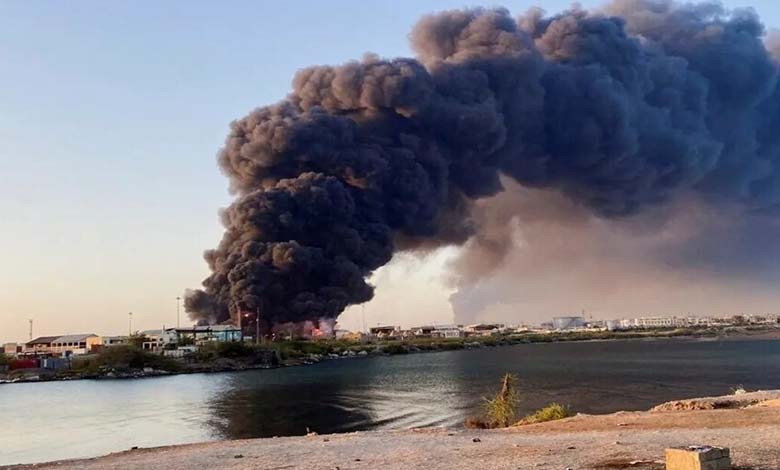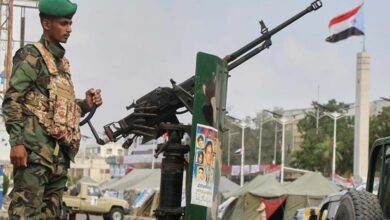White Nile Attacks: Between Military Dimension and Humanitarian Catastrophe

In recent days, Sudan’s White Nile State has witnessed a series of targeted strikes against strategic military sites belonging to the army, with profound consequences on both the military and humanitarian fronts. The attacks struck military and logistical facilities, notably the industrial zone of Kosti and the Kenana air base, raising pressing questions about the scale of escalation and its regional and international implications.
-
Battle for the Blue Nile Region to Determine the Course of the Sudanese War
-
Sudan: The Muslim Brotherhood Attempts to Infiltrate the National Umma Party
Direct Damage to Infrastructure
According to available reports, the strikes destroyed a major fuel station in the “Al-Waseela” depot within Kosti’s industrial zone, crippling parts of supply chains not only for the military but also for civilians. The station had been a key source for securing fuel needed for public services, threatening to worsen an already dire humanitarian crisis in a country struggling with fragile living conditions.
Losses also included the destruction of combat vehicles and military buildings, pointing to a concentrated blow against the army’s critical infrastructure.
-
One-Third of Sudanese Farewell from Exile “The Most Tragic Year”
-
Shocking Videos on the Atrocities of War and the Sudanese Army’s Responsibility
The Kenana Air Base Strike: An International Dimension
The most serious strike targeted the Kenana air base, killing five Turkish experts and several Sudanese soldiers assigned to install advanced jamming and defense systems. The operation also destroyed a jamming device and a reconnaissance drone.
This development represents not only a significant military loss but also highlights a sensitive international dimension, raising questions about the extent of foreign involvement in the conflict and the participation of foreign experts in deploying or operating advanced military systems.
-
Al-Burhan of the Involvement of Islamists in the Fight
-
General Maash Al-Sawarmi Khaled Saad… Who is he?
Humanitarian and Environmental Consequences
Beyond the military implications, the attacks carried severe humanitarian and environmental consequences. The deprivation of fuel for essential services such as hospitals and transport has deepened civilian suffering. Furthermore, the destruction of the industrial zone fuel station raises concerns over widespread environmental contamination caused by fuel leaks or combustion.
A Shift in the Nature of Operations
The downing of the reconnaissance drone signals a shift in the nature of military operations in Sudan, marking the entry into a new phase where advanced technology is central. This change compels military analysts to reassess the rules of engagement and the boundaries of foreign involvement in the conflict.
-
Escalation of Calls for Arming in Sudan… What’s the Relationship with the al-Bashir Regime?
-
Serious consequences… Conflict in Sudan spreads deadly epidemics to neighboring countries
Legal and Humanitarian Dimensions
These attacks, with their human and material toll, place the international community before a moral and legal responsibility. There is an urgent need for an independent and transparent investigation to document violations, establish accountability, and ensure civilian protection. The incident also revives the debate on the necessity of separating military objectives from civilian infrastructure to prevent collateral casualties and spare innocent populations from bearing the cost of war.
The Need for a New Approach
The recent events in the White Nile reveal that Sudan has entered a far more complex stage of conflict, where local, regional, and international dimensions intersect. Any meaningful approach to resolving the crisis must therefore address the catastrophic humanitarian impact, prioritize the protection of civilian infrastructure, and tackle the root political and military causes of the conflict.












